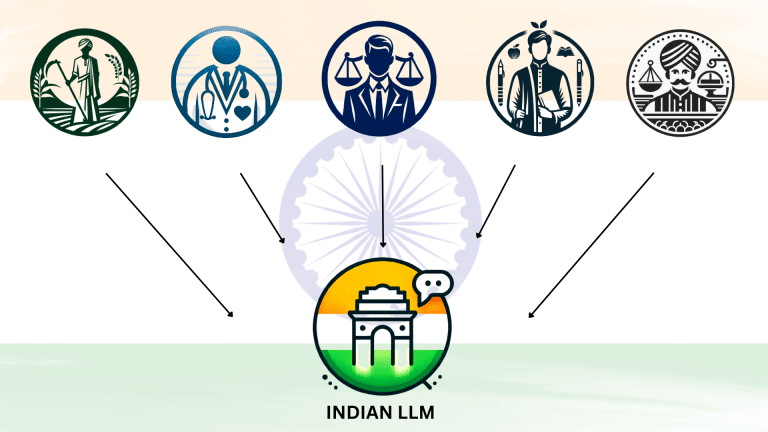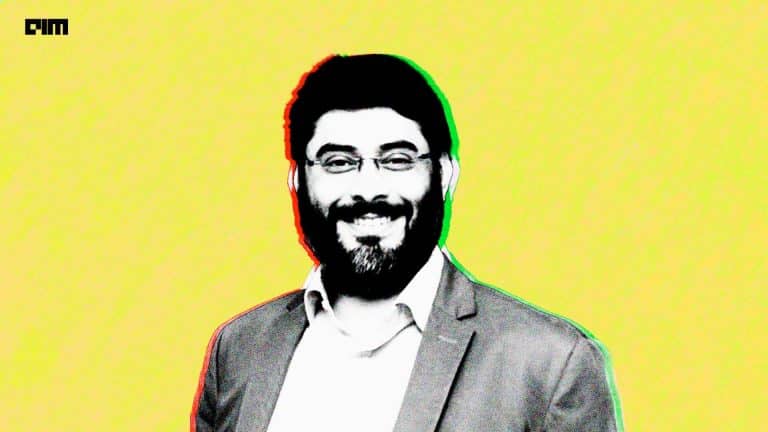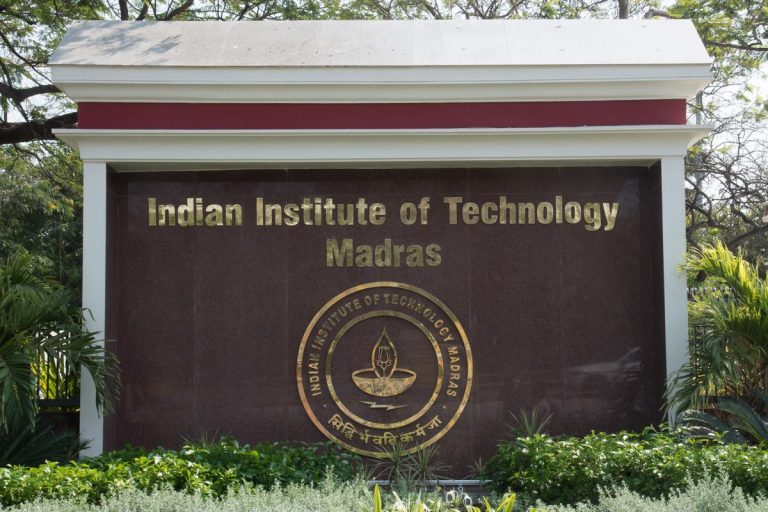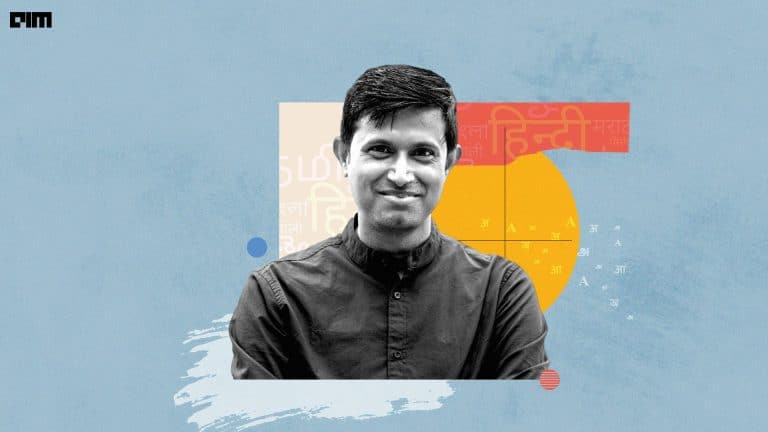India is driving steadily fast to give rise to its generative AI moment. Forging ahead is the initiative led by IIT Bombay for building foundational AI models called BharatGPT, a government-backed initiative, which aims to build multilingual and multimodal models through a public private partnership (PPP). The consortium has received tremendous support from the community, with Jio’s chairman, Akash Ambani also announcing his partnership for the mission.
To understand how BharatGPT aims to integrate generative AI with Bharatiya culture, AIM got in touch with Professor Ganesh Ramakrishnan from IIT Bombay, who is leading the initiative, and gained insights about what sets this mission apart from others in the field.
Ramakrishnan is an Institute Chair Professor, Professor-in-Charge, Koita Centre for Digital Health – KCDH (IIT Bombay), Co-PI for the National Disease Modelling Consortium, IIT Bombay, and a recipient of several prestigious awards including several from multi-national companies. He and his group have been regularly publishing papers at top international forums on AI/ML. He is also one of the core members of Bhashini, an Indian government initiative for the collection of multilingual data.
“Let’s build India’s foundational model”
“We are building foundational models from scratch and that is what is keeping us busy,” Ramakrishnan highlighted. It takes a lot of effort and computing to build the ecosystem. We are acquiring compute to move this initiative beyond just a project, to actually building a generative AI lab for training foundational models and also democratising the use of AI in India.
“An ecosystem for building multi-lingual and multi-modal foundational models is what will open up a faithful avenue for Indian languages. You will hear about it soon,” Ramakrishnan said about the rise of several Indic LLMs. “The intention is that everyone gets to use them in India and there is widespread adoption by the Indian startups, not just providing models, but also giving recipes on how to build AI models.”
Even though BharatGPT is currently focused on building foundational models for India, the initiative has also been open-sourcing a lot of its work on Decile, along with licence-permitting commercial usage.
Ramakrishnan also emphasised that the solutions need to be developed across different verticals as well such as banking, healthcare, farming, etc. “Mistral got France on the AI map. We want India to get on the AI map with BharatGPT.”
He said that while we can keep writing research papers and creating graduates, it is important that all these help bolster the Indian ecosystem. “I think it’s time to not just create some AI solution for India, but a working full stack,” Ramakrishnan added.
The BharatGPT seed was sown long back
Ramakrishnan said that the public-private partnership push for AI has been there by the government for a very long time. “I was speaking to the former telecom secretary K Ramarajan in the context of the ChatGPT boom, and he encouraged me to lead the Indian language AI initiative.” This led to the birth of BharatGPT.
This led Ramakrishnan to reach out to industrialists and academic institutes, and also led to the partnership with Vishnu Vardhan for building BharatGPT, starting by focusing on the healthcare sector specifically at the Koita Centre for Digital Health at IIT Bombay. “He [Vardhan] was very forthcoming because he had already seen the impact of AI in the healthcare sector,” he added.
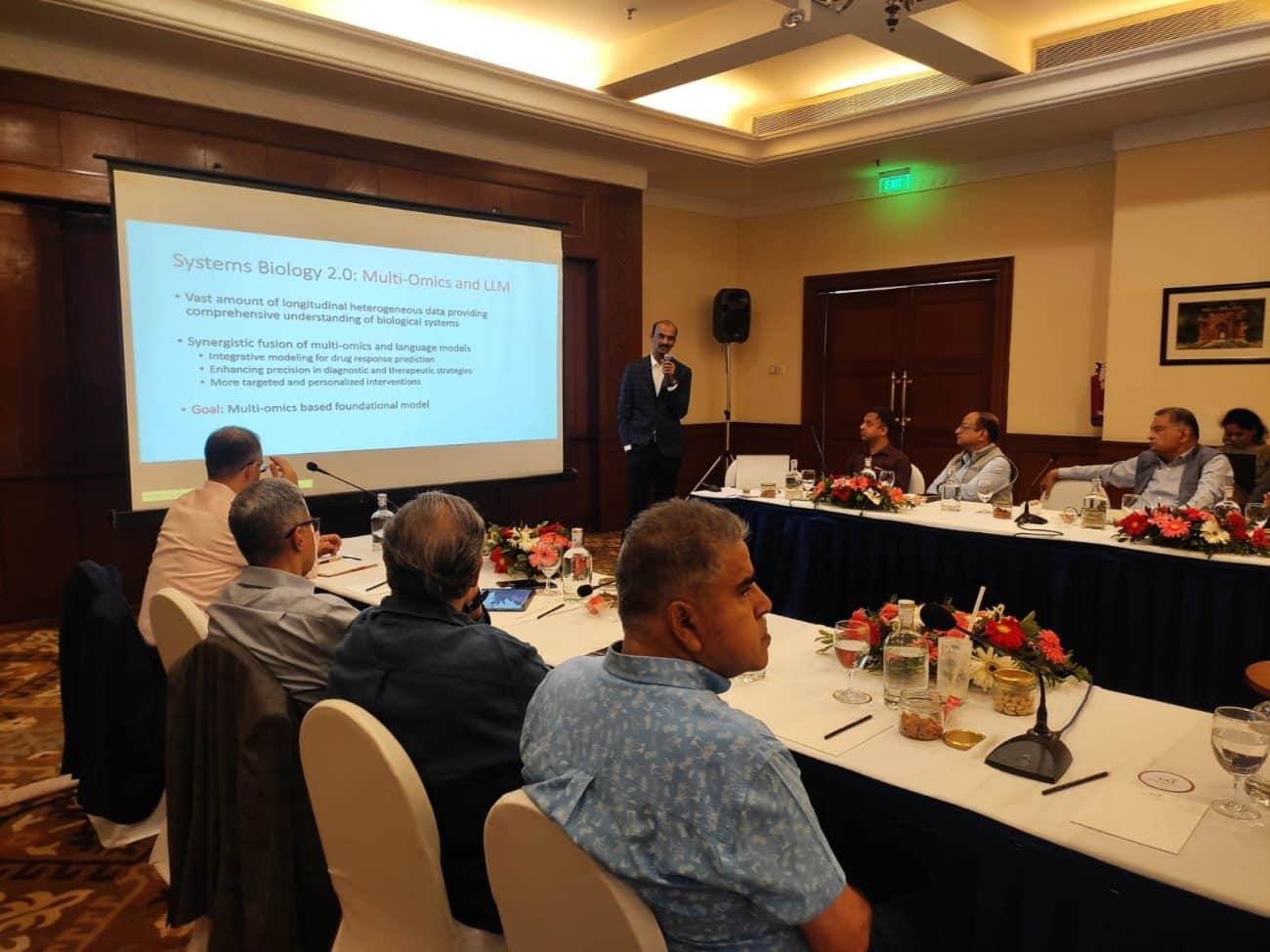
Ramakrishnan highlighted that the success of his Project Udaan, an Indian language end-to-end translation ecosystem that includes OCR and document analysis, led him to believe it is not just about putting out models in public. “The project had a very satisfying impact and resulted in Bharat Bhasha Tech incubated at IIT Bombay and that gave me the perspective and the confidence that it is also about creating a sense of usability in whatever we create,” he explained.
“Mr Mukesh Ambani had responded to Sam Altman to take up the challenge of building AI models in India, that is why I also reached out to him, and he was very passionate about the partnership,” said Ramakrishnan. That is what also led him to start the first phase of BharatGPT, which led to the government departments signing up for several use cases.
This also led to the name ‘BharatGPT’, and Ramakrishnan said that we might also experiment with other architectures apart from Transformers if needed in the future. “We are keeping it more open but somehow the name stuck a chord in all of us. Why sweat on it?” he laughed, saying that the initiative is broader than just GPTs.
All about collaboration
“First and foremost, BharatGPT is not just about releasing models, it is a long-term initiative to support an entire ecosystem including startups, and breaking the silos,” Ramakrishnan explained. He emphasised that several companies are building AI models and trying to acquire computing, which is very hard at the moment.
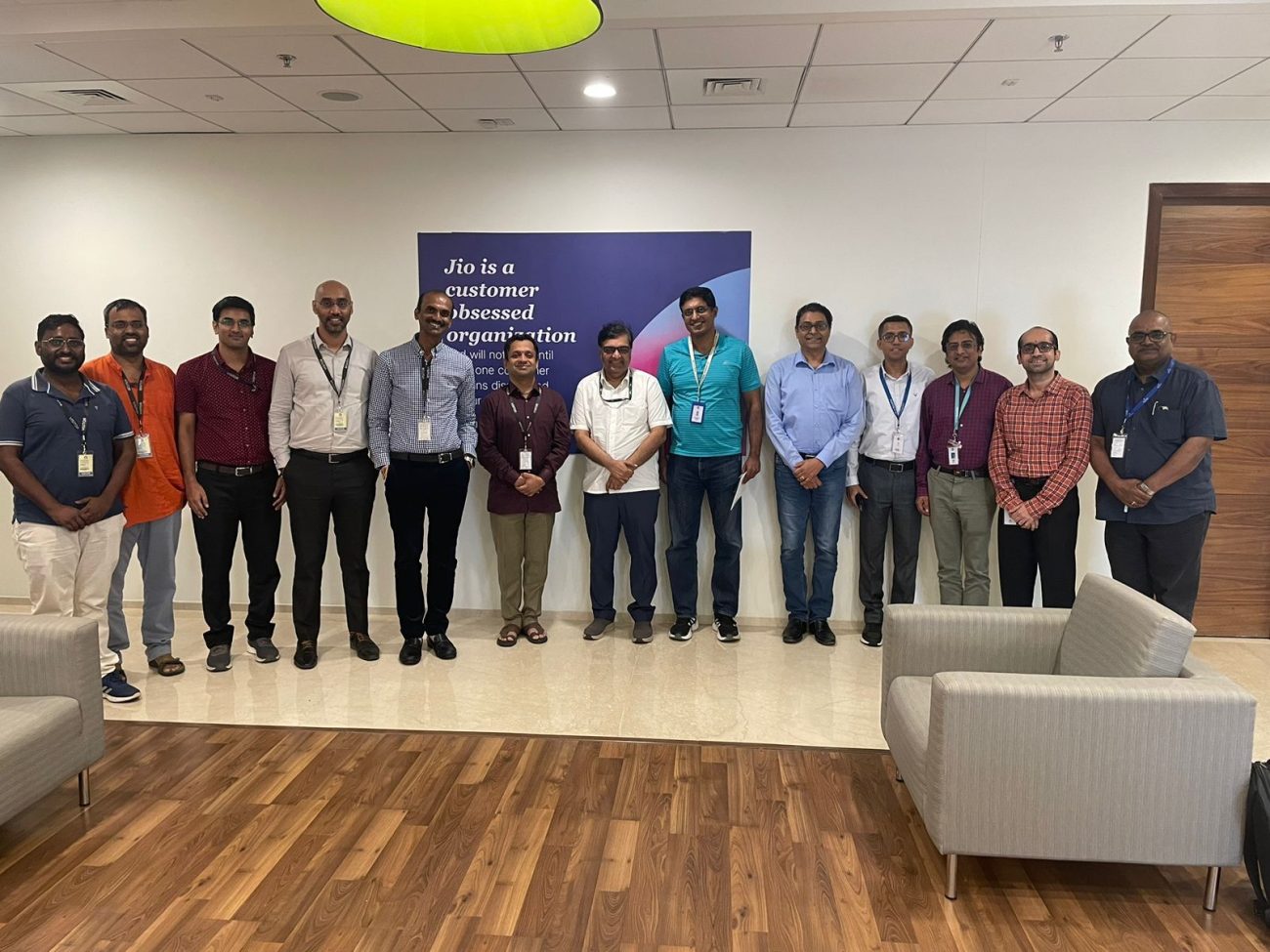
The initiative wants to build knowledge models for research along with offering solutions to businesses. “We have realised that several AI initiatives require a lot of research,” he added. “It is not just about picking a model from somewhere and deploying it, especially if you are catering to multiple modalities.” That is why BharatGPT wants a collaborative approach between academia, the private sector which includes startups, and also the government.
Apart from IIT Bombay, other premier academic institutions such as IIT Kanpur, IIIT Hyderabad, IIT Mandi, IIT Hyderabad, IIT Indore, IIM Indore, and IIT Madras have also been intensively collaborating for the project.
Highlighting the mentorship being received from Prof. Narendra Ahuja from the University of Illinois at Urbana Champaign and Professor Bhiksha Raj from Carnegie Mellon University, Ramakrishnan said that, such mentors were very much interested in seeing an entire initiative flourish dedicated to multilingual and multimodal generative AI for the Indian context.
Ramakrishnan, along with Vishnu Vardhan, the founder and CEO of Seetha Mahalaxmi Healthcare (SML), presented BharatGPT to NASSCOM on November 30th, which led to the company also partnering to foster generative AI in the ecosystem. “The presentation was extremely well received by NASSCOM as well as the CXOs and CTOs of the companies,” he emphasised.
“It is important that such initiatives are not siloed,” Ramakrishnan said that several companies have reached out for collaborations. “Academic institutions such as IITs can boast that they produce the best graduates in the world, that the companies would need in the future.” He highlighted that an initiative such as BharatGPT needs collaboration between fresh graduates and industry veterans.


![[Exclusive] How BharatGPT Will Mark India on the Global AI Map](https://analyticsindiamag.com/wp-content/uploads/2024/01/BharatGPT-Wants-to-Build-Foundational-AI-Models-for-India.jpg)




